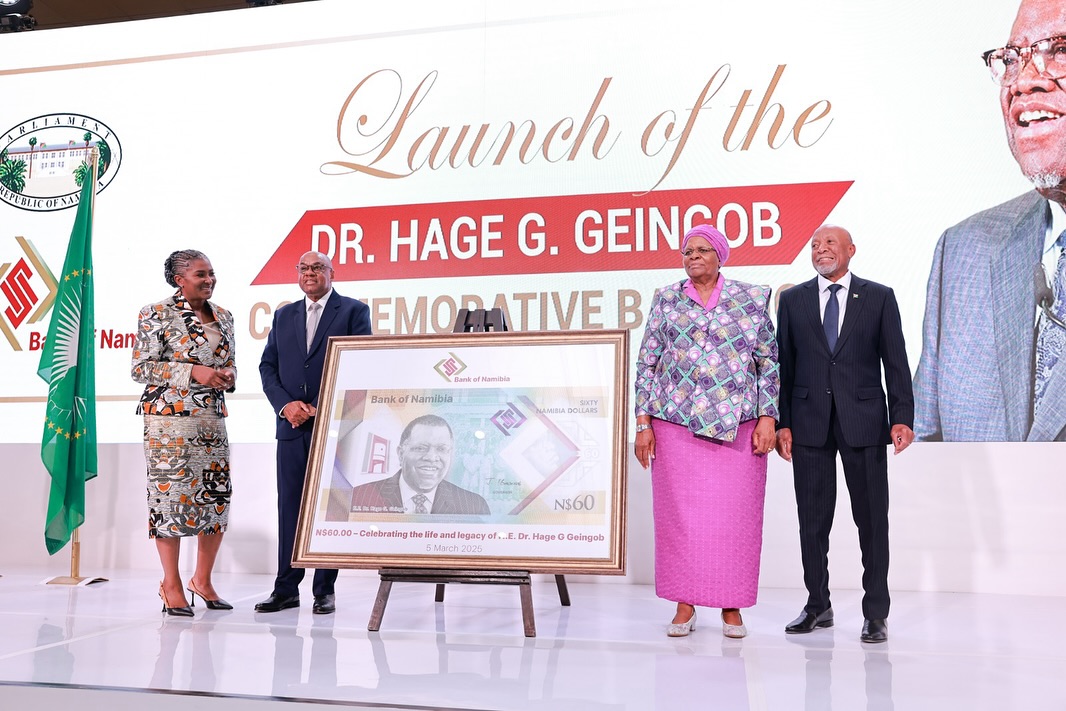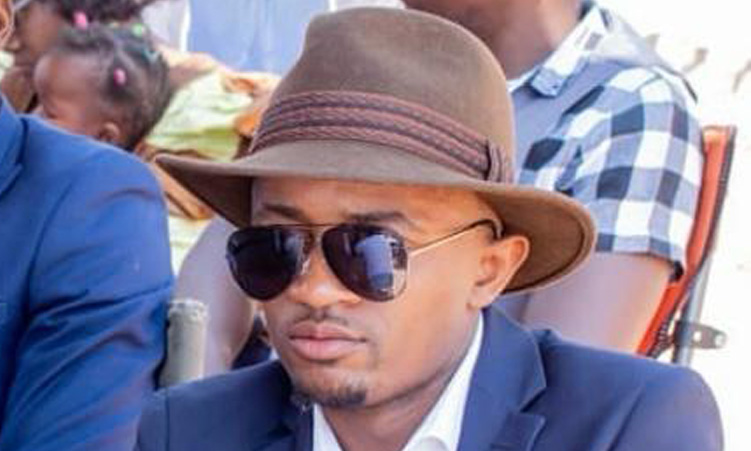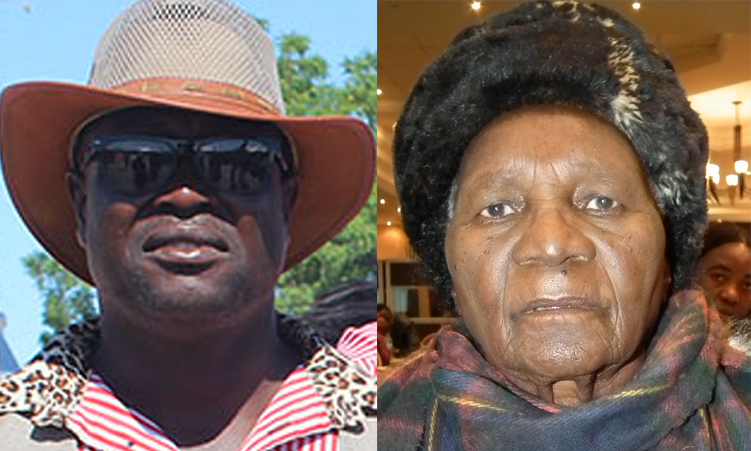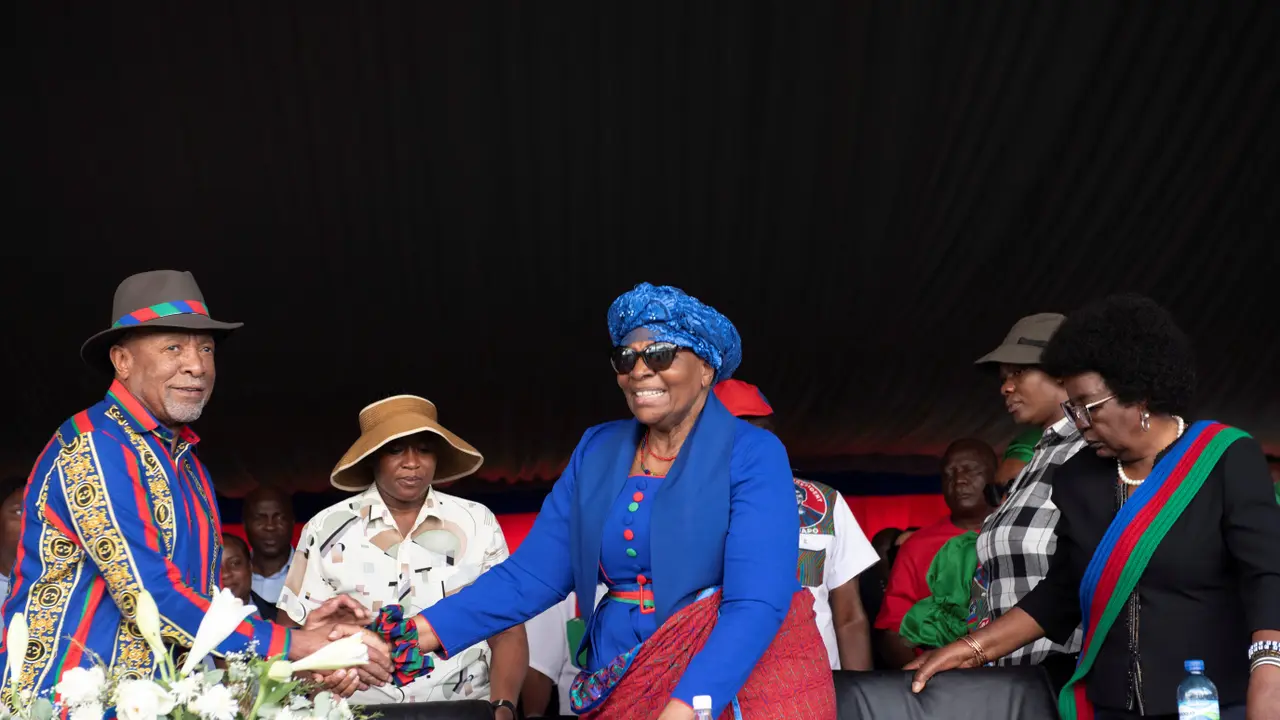“LANDMARK CABINET decisions related to the signing of the Joint Declaration on the Genocide, Apology and Reparations between the Namibian and German governments” have been announced by deputy home affairs minister Lucia Witbooi, NBC News reported on 19 December.
A draft, which has been negotiated since 2015, was initialled by the special envoys in May 2021.
Since then, an addendum has been the subject of continued bargaining behind closed doors.
Now frantic last-minute efforts seem to be unfolding to seal the controversial pact. This merits some scrutiny and clarification.
The Oxford Dictionary defines reparations as “the action of making amends for a wrong one has done, by providing payment or other assistance to those who have been wronged”.
However, main agencies of descendants of Namibian communities historically entitled to such reparations (for being wronged) have not been directly represented at the negotiation table.
They had no say in the declaration. So, how will its implementation be approached including those who should be reconciled?
PROCEDURAL MATTERS
For the negotiations, the Namibian government created chiefs’ forums in seven identified regions inhabited by affected communities. They should play some advisory role. But it has appeared more like tokenism.
An effort by Nangolo Mbumba, then vice president, to convince the Ovaherero Traditional Authority (OTA) and the Nama Traditional Leaders’ Association (NTLA) to join the chiefs’ forums in October 2022 failed.
The OTA and NTLA say that “anything without us is against us”.
By and large, the chiefs’ forums rubber-stamped the bilaterally negotiated results.
These will now be addressed through a roadshow of ministers, as special envoys, about endorsing the final package.
Such briefings will also extend to communities in the diaspora, mainly in Botswana and South Africa. How these are composed remains unclear.
It seems to be taken for granted that these selected counterparts will not object to the deal.
The next step outlined is that Namibia and Germany’s foreign ministers will sign agreements to be presented in the German Bundestag and the National Assembly for further consideration and ratification.
As deputy minister Witbooi disclosed: Germany is preparing an official apology. It will be reviewed by Namibia before being finalised.
Germany’s president, Frank-Walter Steinmeier, will then formally tender an apology to the affected communities at an appropriate venue.
This is understood as “a significant step in the reconciliation process” .
One wonders who will agree on which venue for such an act. Could it be the former concentration camps at Swakopmund and Shark Island? Or Okahandja, the Waterberg, Gibeon or Hornkranz?
Or some ‘safe space’ from which those expected to articulate a protest can be excluded?
UNRESOLVED PROBLEMS
As a final step, a Special Purpose Vehicle (SPV) will be registered and activated to facilitate the implementation of projects related to the agreement.
This aims to create a credible facility to avoid misappropriation or a deviation of spending from agreed priorities.
But who has the power to decide over the SPV structure and composition?
How autonomous will its decisions be, and how will this ensure the maximum say of relevant agencies of communities considered to be the main recipients?
So far, little if anything is known about how the SPV is supposed to operate. Such a lack of transparency and accountability does not engender trust.
After the Joint Declaration was initialled, Mbumba clarified, in a media release on 4 June 2021: “The matter will still go to parliament for ratification, while the Office of the Attorney General is advising on legal matters before the Agreement is signed between the two countries.”
The debate of the initialled Declaration in the National Assembly in late 2021 illustrated frustrations among a majority of parties and MPs (including some from Swapo).
This triggered the further negotiations, lasting until December 2024, over an addendum.
It also motivated a claim – submitted to the High Court in early 2023 by OTA and NTLA.
The lawsuit seeks a judicial review to declare the Declaration unlawful in terms of Namibia’s Constitution as well as in breach of a motion adopted by the National Assembly in 2006.
So far, the case has been delayed not least because the defendants were unable to provide the documents requested.
What advice has the Attorney General to give in the light of the pending case?
In the absence of any hearing in and judgement by the court, the rule of law seems to play second fiddle to the Declaration.
As tricky as the situation on the German side. The government coalition has collapsed. New elections take place in mid-February.
Any adoption of the Declaration will depend on the endorsement of its fiscal implications by the budget committee in the German Bundestag. But the coalition government’s majority has been lost.
One does not have to be a brain surgeon to imagine that currently German policy might have other priorities than ticking off a Declaration which has never been supported by all parties.
Notably, in their election manifesto, the Liberal Democrats (FDP), which brought about the government’s downfall, don’t even mention colonialism as a policy agenda item.
NO END IN SIGHT
When the roadshow to the seven regions was announced, the Nama and Ovaherero members of the Chiefs’ Assembly of Okandjoze reiterated their rejection of the Declaration.
They declared: “However long it may take, eventually the battle would have been won with a credible legacy for future generations, putting the spirits of our ancestors to a well-deserved eternal rest.”
Sadly, what might have started with the best of intentions falls short of credible atonement.
It’s turned into a “nightmare”, as former ambassador Pius Dunaiski has said.
In May 2023, Kae Matundu-Tjiparuro observed in a commentary that the two governments “do not have an iota of a genuine interest in the plight of the descendants of the survivors of genocide, nor any compunction and empathy for their horrible past”.
For the time being, the spirits of the ancestors will be denied their well-deserved eternal rest.
Reconciliation remains an uphill battle.
As generations seeking reconciliation in the shadow of the crimes perpetrated, we remain confronted by an unatoned past alive in the present.
– Henning Melber came to Namibia as the son of German immigrants, and joined Swapo in 1974.
Stay informed with The Namibian – your source for credible journalism. Get in-depth reporting and opinions for
only N$85 a month. Invest in journalism, invest in democracy –
Subscribe Now!










